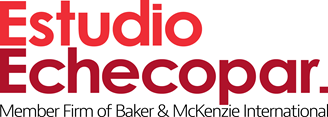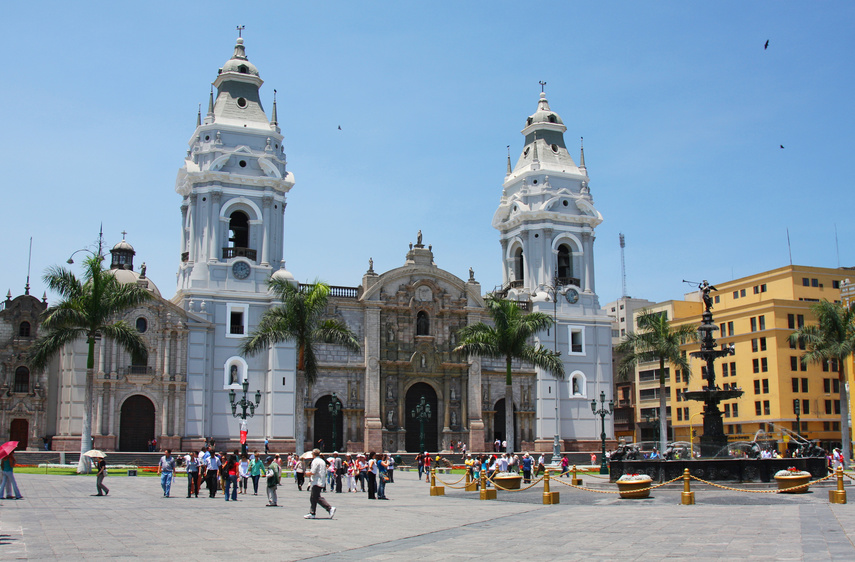In brief
On 22 May 2021, by Supreme Decree No. 102-2021-PCM (“Decree“), the procedure for the elimination of non-tariff trade barriers was approved.
The Decree contains provisions regulating the elimination of illegal and/or unreasonable non-tariff trade barriers that restrict or hinder the free trade of goods from or to Peru. A more detailed and clearer regulatory framework has been created with the elimination of bureaucratic barriers where applicable.
Below is a brief summary of the main provisions of this Decree:
- Non-tariff trade barrier. Definedas any unlawful and/or unreasonable demand, requirement, restriction, prohibition and/or collection imposed by public administration on economic operators by rule of law or administrative powers that affect the import or export of goods, and which exist in provisions or administrative acts with general or particular scope. No details have been given about the administrative acts of promotion, which also create barriers; through various resolutions, however, the National Institute for the Defence of Competition and Protection of Intellectual Property (INDECOPI) has excluded them from the corresponding scope.
- Procedure details: The procedure has been clarified, for example:
- Start ex officio or on request: In the latter case, the request shall be addressed to the Technical Secretariat of the Commission on Dumping, Subsidies and Elimination of Non-Tariff Trade Barriers of INDECOPI. This request may also be submitted by associations or guilds through their legal representatives.
- Methodology: It includes a legality analysis and a reasonableness analysis. The latter shall be considered only if the applicant presents arguments or indications prior to the admission of the complaint. If a barrier is found to be illegal, the reasonableness analysis will not be conducted.
- Final Resolution: If a barrier complained of in a proceeding initiated at the request of a party is found to be unlawful or unreasonable, the Commission shall order the non-tariff trade barrier to be inapplicable to the complaining economic operator and, where appropriate, to the third parties involved in the proceeding. In the case of guilds or associations, the non-application of the barrier applies to all their associates or members. If applicable, the Commission may recommend the modification of the barrier to the public entity, which will have a maximum period of 90 calendar days to decide on the recommendation.
- Evidentiary means: During the procedure, only documents, expert reports and inspections may be presented as evidence. Exceptionally, the Commission may admit evidence other than these, provided that they are appropriate and relate to the subject matter at issue.
- Interim measures: This expressly stipulates that at any stage of the proceedings, the Commission or the Chamber may issue precautionary measures, either ex officio or at the request of a party. For these purposes, a Resolution must be issued within a maximum period of 30 working days, analyzing: (i) the non-tariff trade barrier sought to be inapplicable; (ii) the likelihood of the illegality or lack of reasonableness of such barrier; and (iii) the possibility of irreparable damage occurring during the time between the filing of the application and the termination of the proceeding.
- Validity: The Decree applies immediately to all applications already submitted to the Commission but not yet processed.
Finally, we share a table with relevant information about the procedure:
| Procedure | Activator | Competent Authority | Time limits for resolution | Time limit for filing an appeal | Analysis methodology |
| Elimination of Non-Tariff Trade Barriers | Ex Officio or on Behalf of a Party | INDECOPI | First instance: one hundred and twenty (120) days.Second instance: one hundred and twenty (120) days. | Fifteen (15) business days from the notification of the Decision of First instance. | Legality analysis evaluates: The authority of the entity to impose the barrier. Compliance with the procedure established to issue the provision containing the barrier. Contravention of the rules of the legal system. |
| Reasonableness analysis evaluates: The public interest underpinning the barrier.Arbitrariness and/or disproportionality with respect to the objectives of the barrier. |
We trust that this information is relevant to you and your company. If you need to delve into the subject, please contact us.

****
Estudio Echecopar is a member firm of Baker & McKenzie International, a Swiss Verein with member law firms around the world. In accordance with the common terminology used in professional service organizations, reference to a “partner” means a person who is a partner or equivalent in such a law firm. Similarly, reference to an “office”, means an office of any such law firm.
Before you send e-mail to Estudio Echecopar, please be aware that your communications with us through this message will not create a lawyer-client relationship with us. Do not send us any information that you or anyone else considers to be confidential or secret unless we have first agreed to be your lawyer in the matter. Any information you send us before we agree to be your lawyers cannot be protected from disclosure.
@2020 Estudio Echecopar
All rights reserved.
No part of this publication may be reproduced in any form or by any means without the written permission of Estudio Echecopar.




